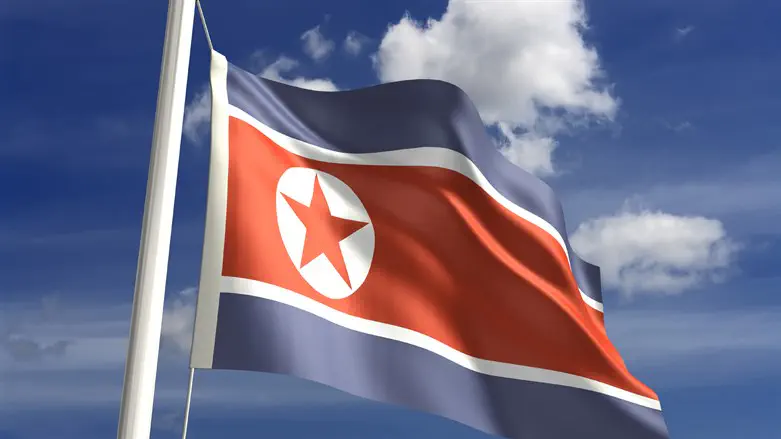
North Korea on Tuesday denied claims by the United States that Pyongyang is supplying artillery ammunition to Moscow for its war in Ukraine, saying they were groundless, AFP reported, citing North Korean state media KCNA.
The statement refuted allegations last week by White House national security spokesman John Kirby, who said the artillery from North Korea to Russia was coming under cover of shipments to the Middle East or Africa.
"Recently, the US is persistently spreading a groundless 'rumor of arms dealings' between the DPRK and Russia," North Korea's vice director of military foreign affairs of the Ministry of National Defense said in a statement, according to KCNA.
The statement said North Korea sees the "rumor" as part of the United States' "hostile attempt to tarnish the image of the DPRK in the international arena," using an acronym for North Korea's official name.
"We once again make clear that we have never had 'arms dealings' with Russia and that we have no plan to do so in the future," the statement added.
Kirby had said US officials did not know whether Russia has actually received the ammunition, but were trying to monitor the shipments.
US information indicates that North Korea "is covertly supplying Russia's war in Ukraine with a significant number of artillery shells, while obfuscating the real destination of the arms shipments by trying to make it appear as though they are being sent to countries in the Middle East or North Africa," Kirby told reporters on Wednesday.
Kirby’s claims and the North Korean denial comes amid tensions between Washington and Pyongyang over North Korea’s ongoing ballistic missile tests.
Last week, North Korea test-fired multiple missiles, including a possible failed intercontinental ballistic missile (ICBM) and hundreds of artillery shells into the sea, as South Korea and the United States carried out six-day air drills until Saturday.
On Monday, North Korea's military said that recent South Korea-US military exercises were an "open provocation and dangerous war drill".
North Korea has tested dozens of ballistic weapons in 2022, including its first intercontinental ballistic missiles since 2017, as it continues to expand its military capabilities amid a prolonged stalemate in nuclear diplomacy.
